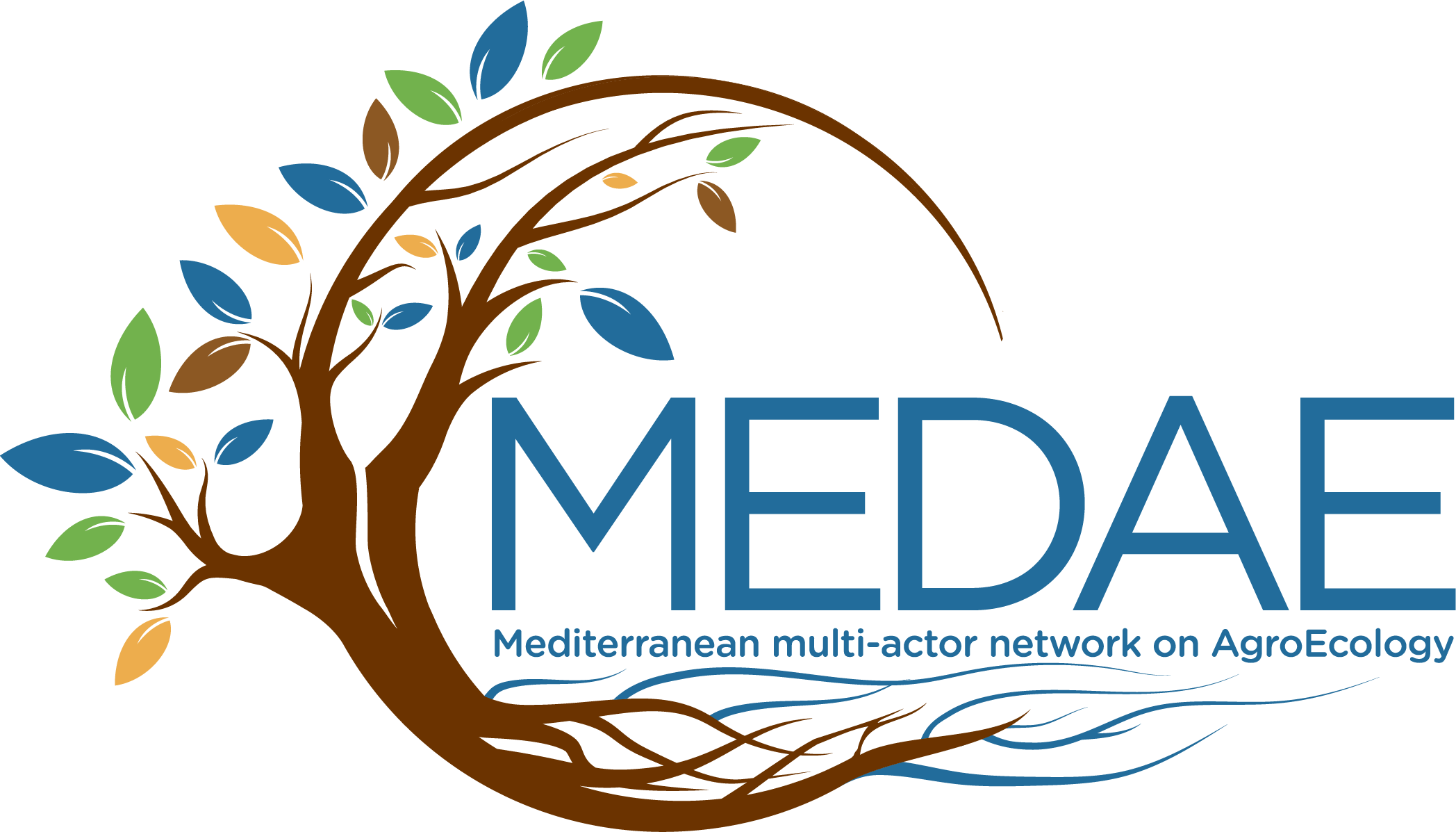About us
Background
The MEDAE network was initiated as part of the NATAE project, a research project funded by the European Commission from 2022 to 2026, with the aim of promoting agroecological transition in North Africa. This project, which brings together 22 partners from around the Mediterranean (research institutions, technical institutes, high-level teaching bodies, international organizations and NGOs) aims to demonstrate that agroecological approaches, adapted locally to the diversity of farming systems, can offer adequate solutions to the challenges of food systems in North Africa. In particular, the project identifies optimal combinations of agroecological practices that can be adopted by local communities, by analyzing the performance of existing agroecological practices and experiments.
The MEDAE network was born out of the NATAE project and the desire of its partners to create a sustainable community of exchanges between the various stakeholders committed to the agroecological transition in the Mediterranean. The operating principles of the MEDAE network were developed through a collaborative process with the various NATAE project partners.
The MEDAE network has been officially open to new members since September 2024.
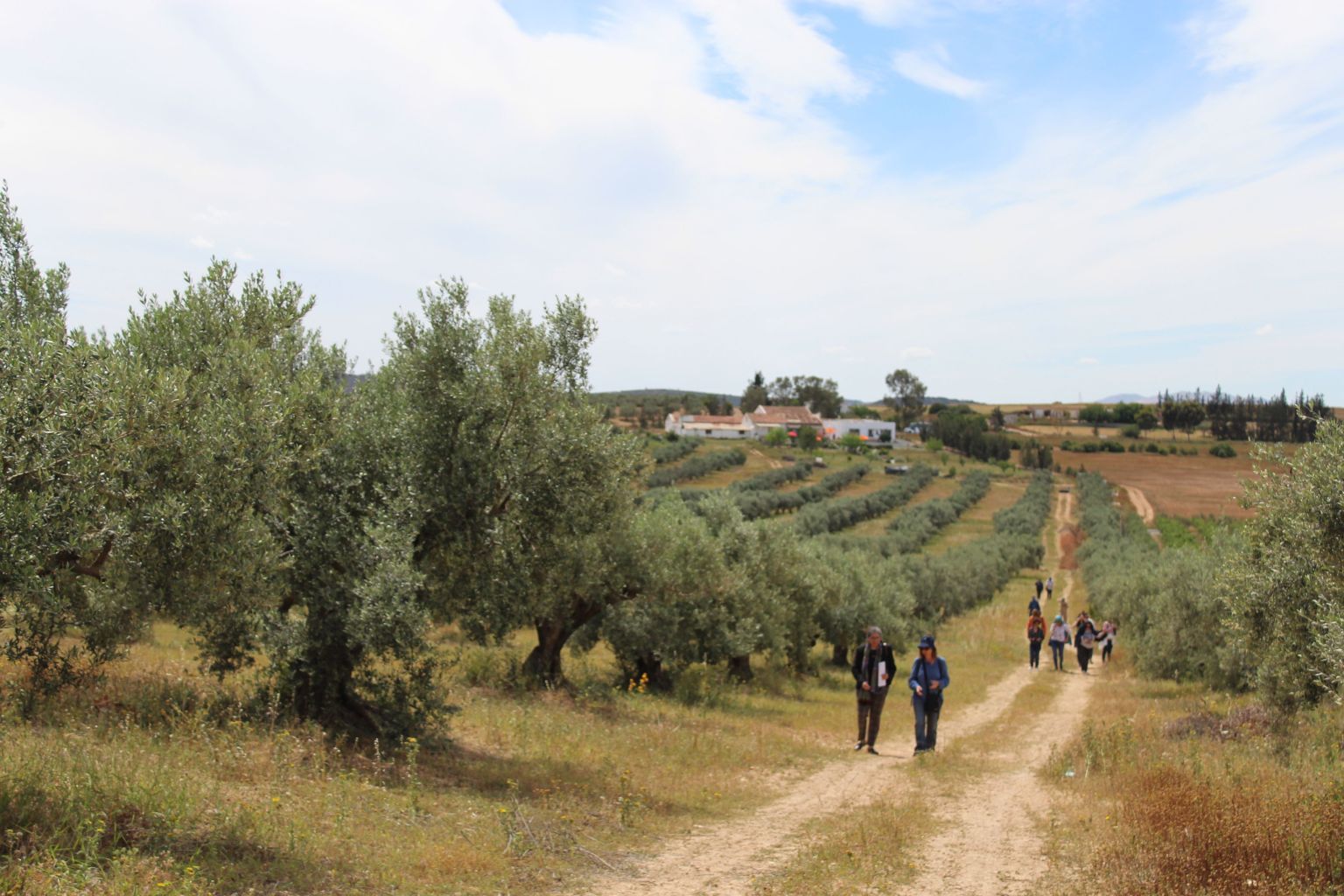
Governance
The MEDAE network has no formal existence and is hosted by a member organization. It is governed and animated by its members via a steering committee and a coordinating organization.
Host organization

The MEDAE network is hosted by the Institut Agronomique Montpellier Méditerranée (IAMM), one of the 4 institutes of the CIHEAM (Centre International de Hautes Etudes Agronomiques Méditerranéennes), who is coordinator of the NATAE project. The areas of expertise and action of this Mediterranean intergovernmental organization focus on agricultural and territorial management, project engineering, public policy in the agricultural, environmental, food and rural sectors, agri-food systems and agri-logistics.
Coordinating organization

The coordinating organization is responsible for implementing and monitoring the network’s activities, nurturing the network’s dynamics, and promoting the dissemination of information and decisions within the network. The coordinating organization may rotate every 3 years.
Since 2024, the coordinating organization has been CARI (Centre d’Actions et de Réalisations Internationales), a French NGO and leader in the development and implementation of agroecological initiatives in the Maghreb and Sahel. CARI supports and facilitates exchanges between research, farmers’ organizations, civil society, local authorities and donors, and advocates transformative policy changes in favor of agroecological transition.
Steering committee
The steering committee monitors activities and ensures they are in line with the network’s strategic plan, controls finances and examines membership applications. It guarantees the network’s vision, operationality and sustainability.
The steering committee is made up of focal points elected by their peers in Boards A (technical, educational and research institutes), B (development and experience-sharing organizations) and C (local stakeholders).
The steering committee is composed of CIHEAM IAMM, CARI, ENAM, ACDD Gabès and Association des Amis du Palmier
For more information, please see the network operating principles: English version or French version
Boards
MEDAE members are grouped into 4 boards:
Board A: Technical, educational and research institutes
This board is made up of research institutes, technical institutes, universities and agricultural high schools
Board B: Development and experience-sharing organizations
This board is made up of development stakeholders, NGOs and agroecology networks.
Board C: Local stakeholders
This board includes organizations acting on a more local scale: producers' and farmers' organizations, consumer associations, private sectors (distributors, processors, etc.), etc.
Board D: Political organizations and individual experts
This board includes local authorities, governmental and intergovernmental organizations. It also includes individual experts, recognized by the MEDAE network as resource persons. To join the network, individual experts must be sponsored by a member organization.
Members
MEDAE members are representatives of organizations of various statuses and backgrounds, operating at different scales (local, national, regional, international), working on agroecology in the Mediterranean and wishing to become actively involved in the network's activities.
Each member organization is represented by a focal point (who is the network's main contact for his or her organization) and possibly by other members willing to join the network.
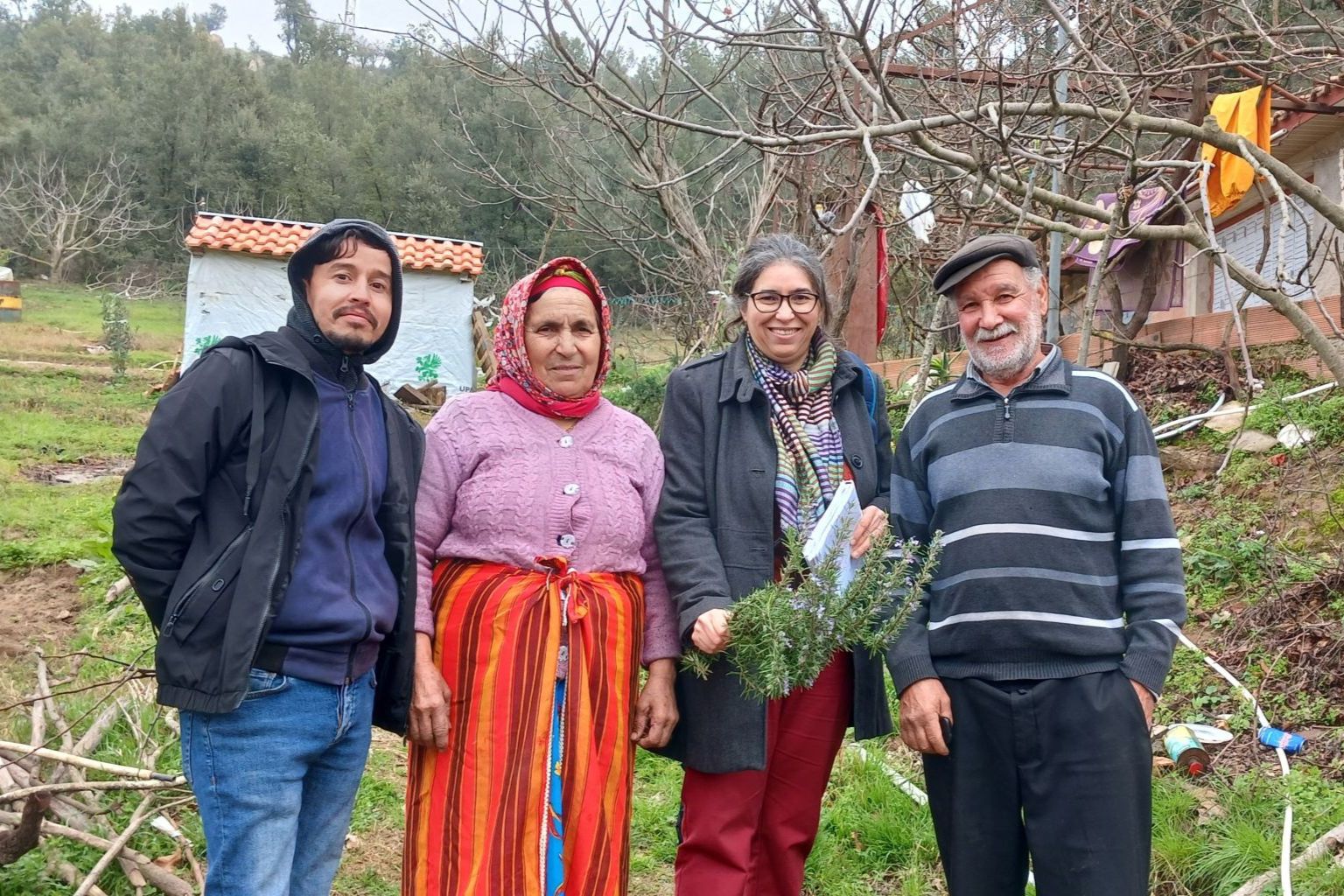
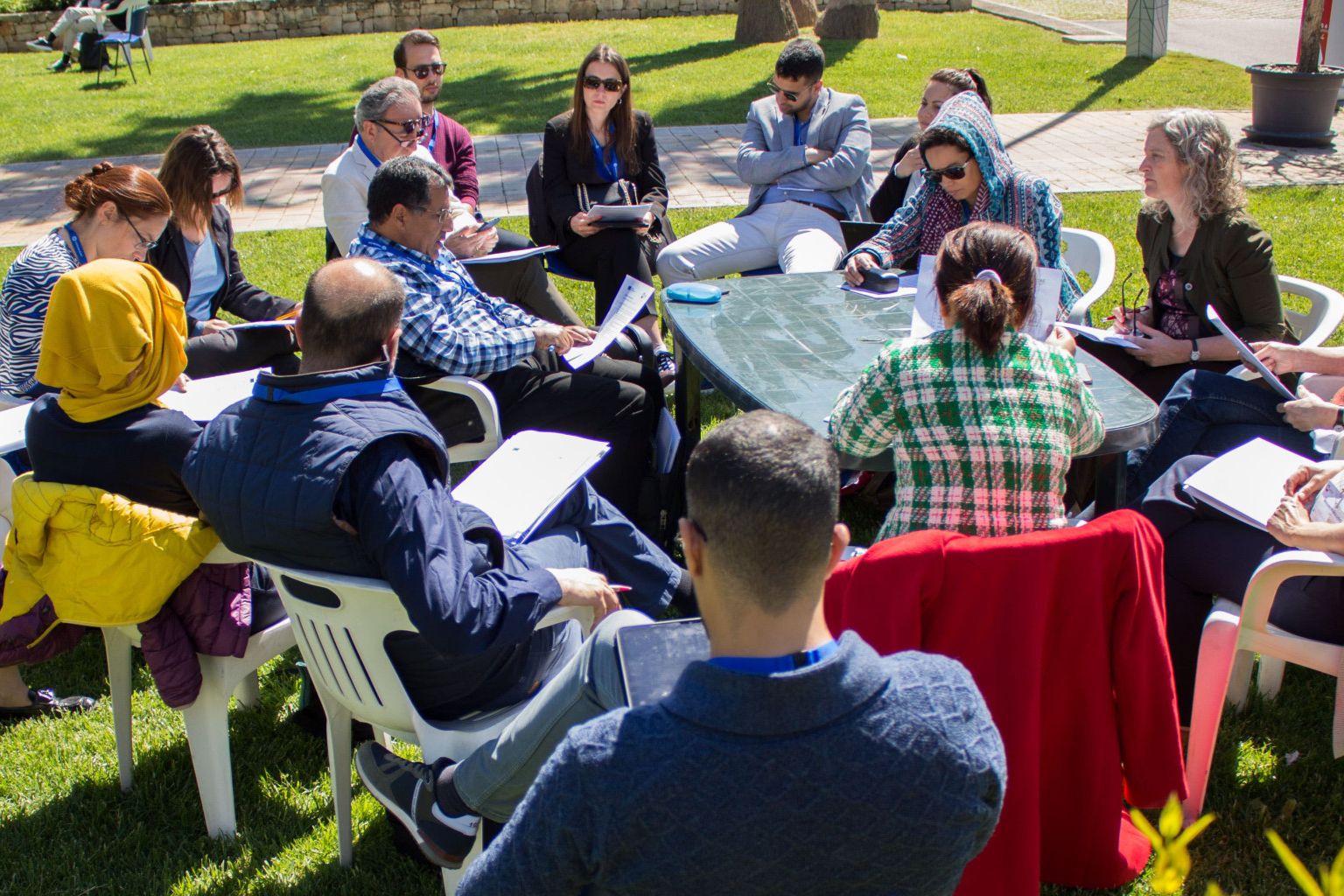
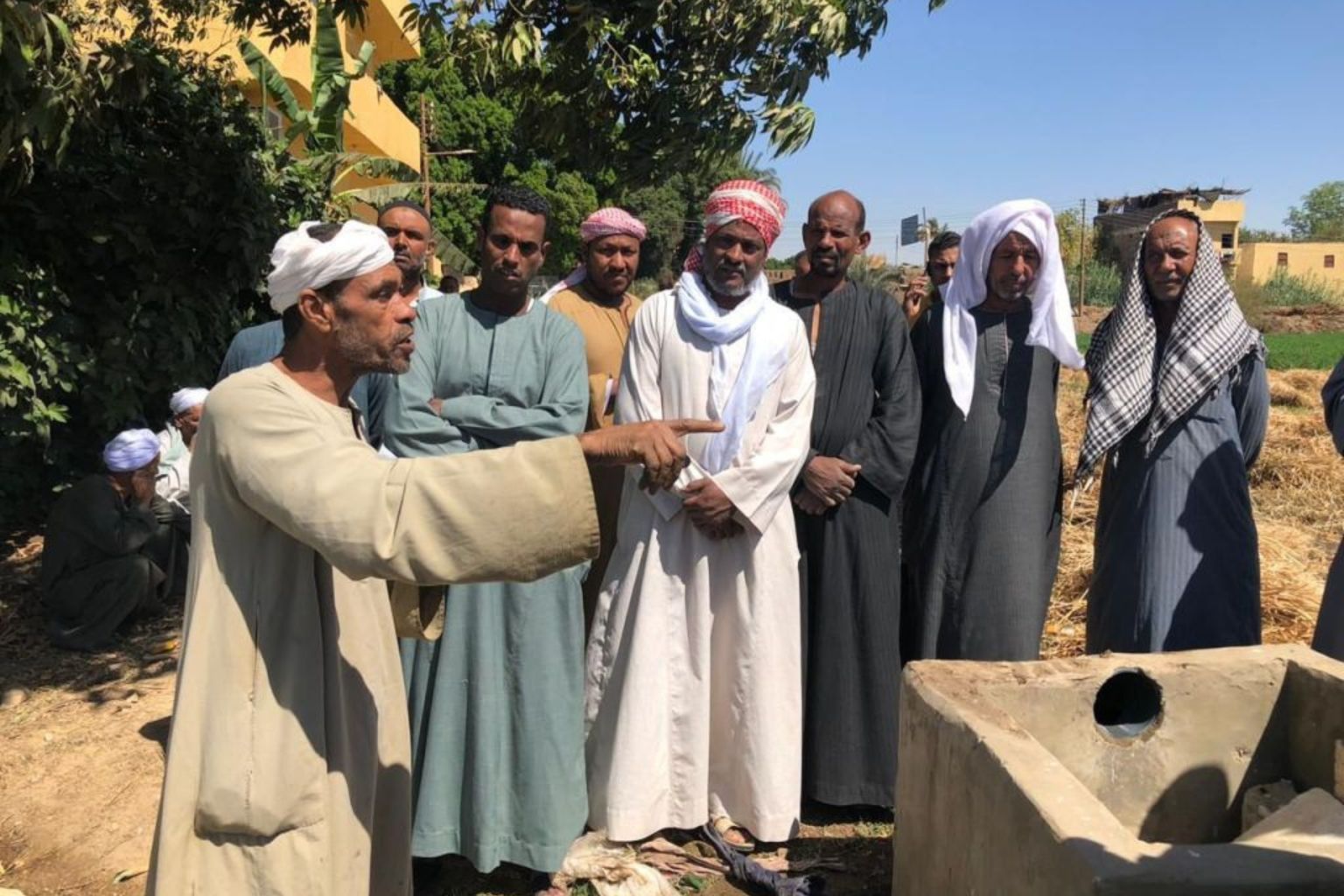
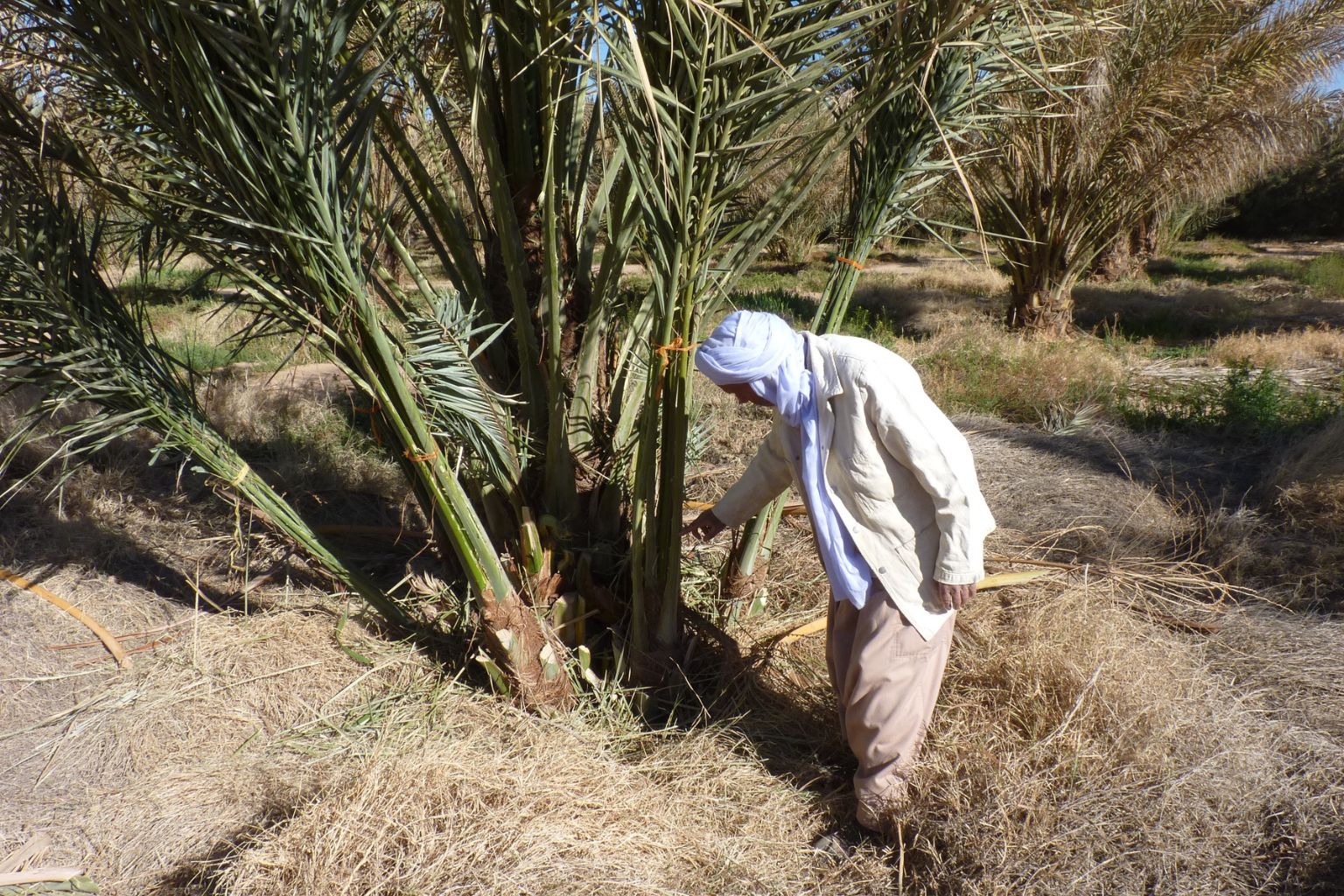
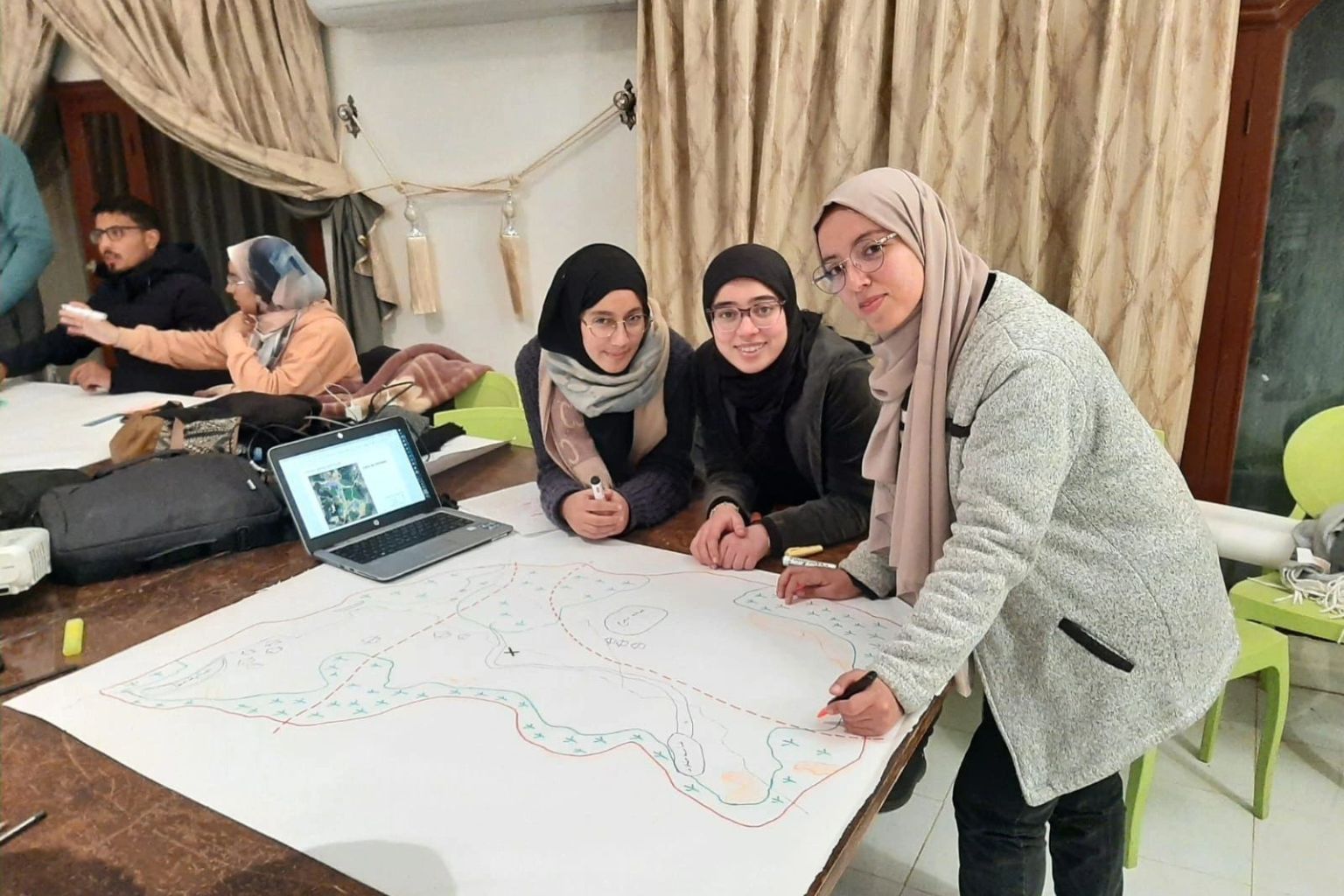
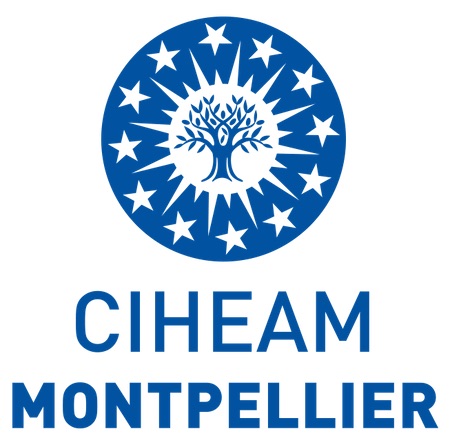
Institut Agronomique Montpellier Méditerranée

International organisation for higher education, expertise and research in the service of agriculture, food, natural resource management and the environment in the Mediterranean since 1962
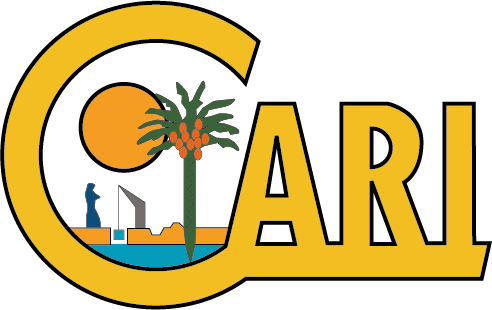
Centre d’Actions et de Réalisations Internationales

CARI is an international solidarity association which is involved since more than 20 years in the fight against desertification and land degradation in arid areas, and in the promotion of sustainable agriculture (agroecology, smallholding agriculture).
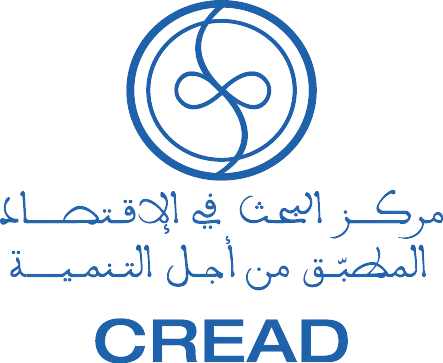
Centre de Recherche en Economie Appliquee Pour le Developpement
The CREAD integrates, through its Agriculture, Territory and Environment division, research projects that aim to assess the impacts of climate change and agricultural development programs and identify possible mechanisms to bring about the transition from conventional agriculture to sustainable agriculture.
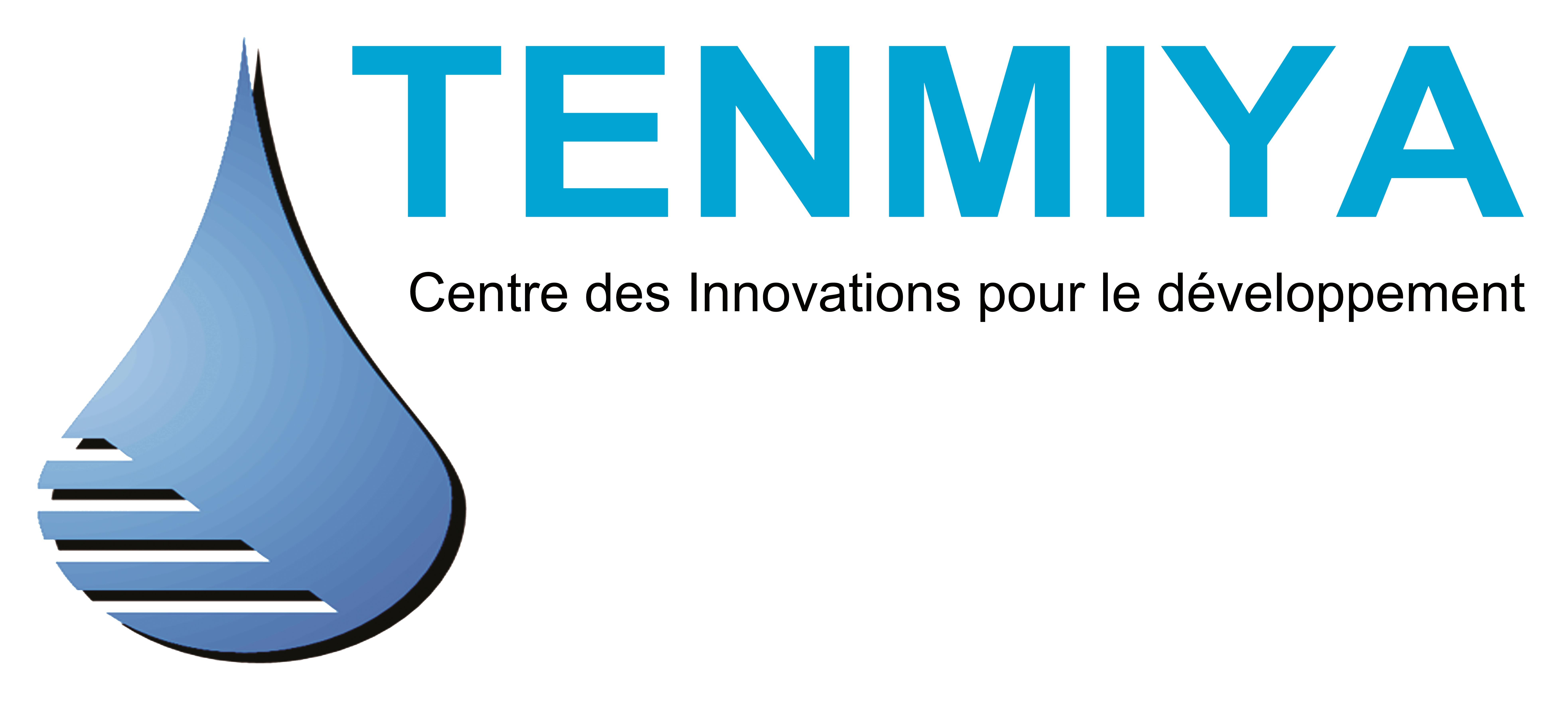
Tenmiya centre des innovations pour le développement
Tenmiya, center of innovations for development, is a Mauritanian NGO, created in 1997 by a group of Mauritanian engineers who pretended to set up a local Mauritanian operator capable of leading the implementation of large-scale programs in the field of rural water supply.
Since 2000, Tenmiya has been involved in supporting farmers in two territories: oases and peri-urban areas.
Groupement de développement agricole (GDA) Biologique ENNAKHIL-Rjim Maàtoug
The ENNAKHIL group of Rjim Maàtoug covers 80 hectares, corresponding to approximately 1,200 tons of total certified production. The certificates granted to the GDA include Organic (TN, NOP), Biosuisse, and FFL. The GDA is geographically divided into five sub-zones: Rjim, El Ferdaws, Ennasr, El Amal, and Essalam. The affiliated producers have legally structured themselves as an organic GDA, and their activity is organized through cultivation contracts, where their rights and duties are clearly defined and documented in black and white.
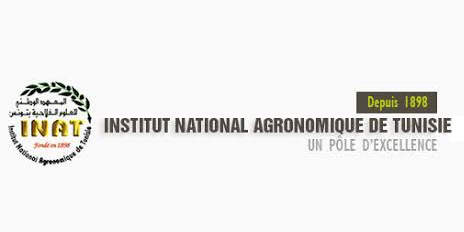
Institut National Agronomique de Tunisie
The National Agronomic Institute of Tunisia or INAT is a Tunisian higher education institution founded on October 17, 1898. It is the oldest engineering school in Tunisia and Africa. It is placed under the dual supervision of the Ministry of Agriculture and the Ministry of Higher Education and Scientific Research.
Association les Amis du palmiers pour la protection de consommateur et l’application des objectifs durables

Direction Générale de l’Aménagement et la Conservation des Terres Agricoles
The objectives of the DGACTA revolve around the following themes: (i) sustainable management of natural resources (soil, water, plant cover); (ii) intensification of rain-fed agriculture and pastoralism; (iii) contribution to rural development.

Xylm

Xylm supports economic, social, and sustainable transitions by strengthening synergies between stakeholders in France and around the world. Our focus areas: Promoting local and sustainable agricultural and food systems, and developing waste management based on the circular economy. Our missions: Supporting innovative projects through international cooperation and raising public awareness—especially among young people—on environmental issues, citizenship, and solidarity.

Stichting Wageningen Research, Research institute Wageningen Plant Research

WUR is internationally renowned for its research and education in the fields of life sciences, plant improvement and sustainability. The mission of the PPS group is to integrate biological knowledge to analyse and design sustainable production systems for crops (including integration with livestock), focused on resource use efficiency and equitable management of natural resources.

Office de l’Elevage et des Pâturage
Supervision, technical support, training and monitoring of farmers
Promotion of livestock farming techniques
Development of private pastures and forage crops
Development of technical indicators and benchmarks
Support and guidance for the profession
Development of livestock farming (cattle, sheep, goats, camels, rabbits, bees)

Wageningen University

Using concepts of systems analysis, we develop methods that allow integrated analysis and design of alternative futures at local (farm), regional, national, international and global scales. We thus contribute to a mission that strives to provide grounded quantitative analysis to underpin responses to urgent societal issues such as global food security, agricultural and environmental policies, competition for natural resources, food-feed-fuel interactions and global environmental change.
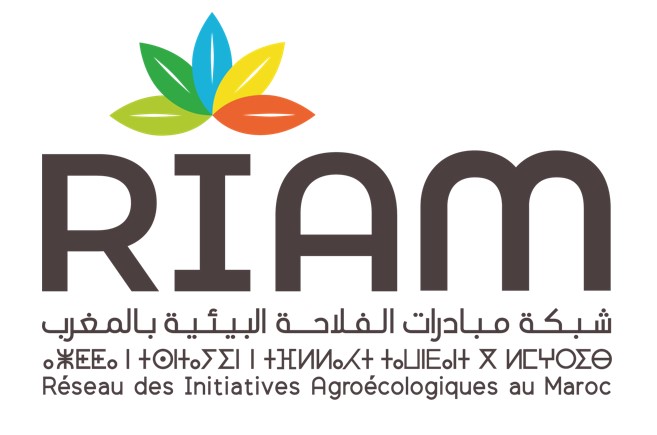
Réseau des initiatives agroécologiques au Maroc
A network fostering synergy and collaboration among agroecology stakeholders in Morocco. Our mission is to contribute to community autonomy, food sovereignty, and the preservation of natural heritage. We connect actors, share knowledge, and support initiatives to create a collective vision. Our values: humanism, respect for life, equity, engagement, diversity, and solidarity.

Association Citoyenneté et Développement Durable de Gabès
By leading participatory and inclusive projects, ACDD aims to:Support and implement sustainable and solidarity-based development actions and projects, primarily in rural and vulnerable areas (oases, mountains, arid zones, etc.). Promote a culture of citizenship as a cornerstone of local governance and the preservation of human values. Exchange and replicate experiences in Tunisia and worldwide while joining networks of similar associations.

Sol Vivant Mediterranée

SVM aims to promote agroecology, particularly living soil agriculture, in a Mediterranean context. SVM works to identify and characterize agroecological practices that provide solutions to the challenges faced by farms and territories. Key focus areas: Soil health and regeneration, water management, adaptation and mitigation strategies for climate change, intra-plot agroforestry, and its benefits.

Centre de coopération internationale en recherche agronomique pour le développement

In the Mediterranean, Cirad focuses primarily on the governance of natural resources. In fragile territories, participatory, multidisciplinary, and multi-stakeholder approaches are favored. Over the past 20 years, several water management projects have been carried out (irrigated areas, oases, etc.). Activities related to the sustainability of livestock farming—particularly camel and goat farming—have also been implemented and remain a priority, especially regarding pastoralism and related value chains.

Fondation pour l’agriculture et la ruralité dans le monde

The FARM Foundation is a think tank dedicated to understanding agricultural and food issues worldwide, with a focus on developing countries. FARM facilitates interactions and projects between field actors and researchers, producers and consumers, as well as public and private decision-makers in both the Global South and North. FARM is particularly active in the Mediterranean region through the AACC-Med project.

Ekolo Mundo

Ekolo Mundo’s role is to bring together solutions related to the ecological, social, and solidarity-based transition to make them freely accessible, particularly through the creation of a collaborative digital platform. These solutions focus on seven main themes: sustainable food, agroecology, sustainable housing, daily life, waste management, clean energy, and water management and economy. New contributions will help expand the platform with additional topics.

Sebha University
Sebha University was initially established by the Faculty of Education in Sebha as a branch of Tripoli University in 1976, which later became the nucleus of the first university in southern Libya. Currently has more than 9500 active students, 975 academic staff members, and 2106 employees.

Organisation Tamaynut
The Tamaynut organisation, Tagant section, fights for the rights of indigenous peoples.
The socio-economic empowerment of Amazigh communities and the preservation of their cultural heritage.
It campaigns for the recognition of the linguistic and cultural rights of the Amazigh people and promotes natural bioresources such as the argan tree and aloe vera.

Observatoire du Sahara et du Sahel
The Sahara and Sahel Observatory (OSS) is an international scope organization with an African vocation which was created in 1992 and based in Tunis since 2000. The OSS initiates and facilitates partnerships on common challenges related to the management of shared water resources, the implementation of international agreements on desertification, biodiversity and climate change in Africa.
Union Internationale pour la Conservation de la Nature
The IUCN is the world’s largest and most diverse environmental network, bringing together governments, civil society organizations, and experts to advance nature conservation and sustainable development. It provides scientific knowledge, policy guidance, and field action to address global challenges such as biodiversity loss, climate change, and ecosystem degradation.
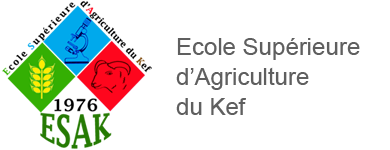
Ecole supérieure
d’agriculture de Kef
Since 1976, the Kef Higher School of Agriculture has been training students in the theoretical and practical skills essential for working in agriculture. It aims to achieve overall performance by promoting a culture of organizational improvement that is reflected in its effective educational management practices and its promotion of research through the stimulation of excellence and innovation.
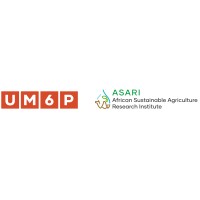
African Sustainable Agriculture Research Institute
The African Sustainable Agriculture Research Institute (ASARI) aims to contribute to the economic and social development of the region through research and innovation, promoting sustainable agriculture and transforming societies by questioning established models and reinventing ways of life, work, and exchanges.
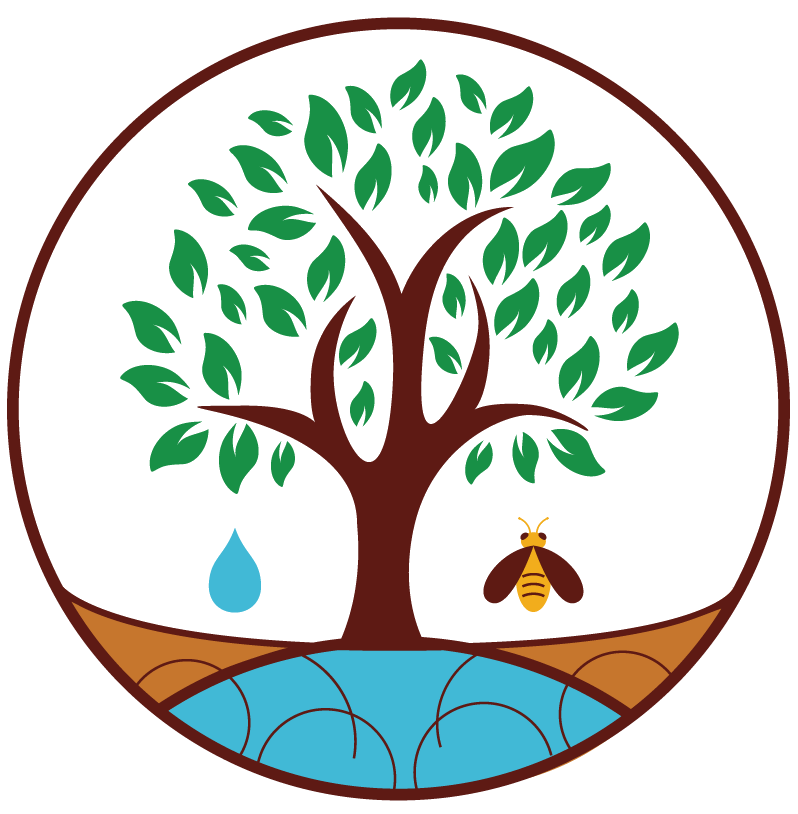
Réseau Tunisien pour la Transition Agroécologique
The RTTA brings together eight founding member associations representing the main currents of agroecology (permaculture, organic farming, conservation agriculture, etc.) and has more than 350 members (farmers, researchers, teachers, consumers, etc.) who share information on agroecology within the RTTA WhatsApp community.

INPLANTOMICS
INPLANTOMICS is a project aiming to provide scientific knowledge on omics technologies at the University of Sfax, in collaboration with a solid network of universities and institutes. Its main objectives are to : i) strengthen the plant science community and related stakeholders and ; ii) promote sustainable crop production, healthy agro-products and food security in an ever-changing environment.
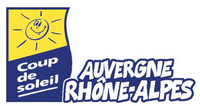
Association Coup de Soleil en Auvergne-Rhône-Alpes

The association aims to create living links and interrelationships with the countries of the Maghreb, their populations, and the diasporas living in France. Food and food sovereignty issues are an integral part of this. Several projects are being carried out in Algeria, Morocco, and Tunisia on agroecology and permaculture (support for young project leaders, training, etc.).
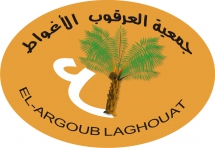
El Argoub
The El Argoub Association brings together 20 farmers and a beekeeper from the municipality of Laghouat who are involved in agroecological initiatives. The association aims to promote agroecological practices inspired by the oasis system and based on research. It also seeks to involve and pass on its knowledge to young farmers in the region and improve the living conditions of vulnerable groups, particularly women. The association campaigns for the preservation of the oasis system in the Laghouat province.
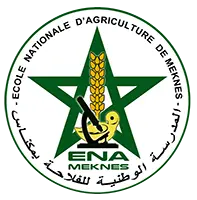
Ecole national d’agriculture de Meknes
ENAM is a higher education institution specializing in the training of agricultural engineers. It aims to develop scientific, technical, and managerial skills to support sustainable agricultural development in Morocco. ENAM also plays an active role in applied research, innovation, and technology transfer for the benefit of rural communities.

Institut des Régions Arides
L’Institut des Régions Arides (IRA) in Medenine is a Tunisian research and training organization created in 1976 under the Ministry of Agriculture, Water Resources, and Fisheries. Its main objective is to conduct research for agricultural development, environmental protection, and the fight against desertification in arid and desert regions.
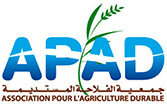
Association Pour l’Agriculture Durable
Founded in December 2006 by Tunisian farmers, APAD promotes agroecology and soil conservation to revitalize agriculture and protect future resources. Bringing together farmers, engineers, and researchers, it is an active member of the Tunisian Network for Agroecological Transition. Based in Tunis, APAD works on sustainable projects, oilseed sector development, knowledge exchange, and technical support, collaborating with national and international partners to advance climate-resililient agriculture.
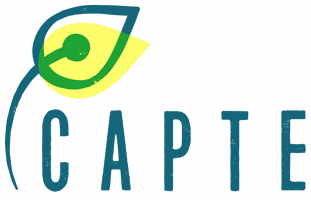
Association Les amis de CAPTE Tunisie
CAPTE is a Franco-Tunisian organization; its vision is the reconciliation of agriculture and the environment through trees and Nature-based Solutions. It pursues three main objectives: i) the development of agroforestry as a solution for adapting agriculture and forests to climate change; ii) supporting farmers in their transition and strengthening solidarity among and with farmers in the Mediterranean; iii) the protection and conservation of agrobiodiversity.
Join the network!
Would your organization like to contribute to the activities of the MEDAE network?
